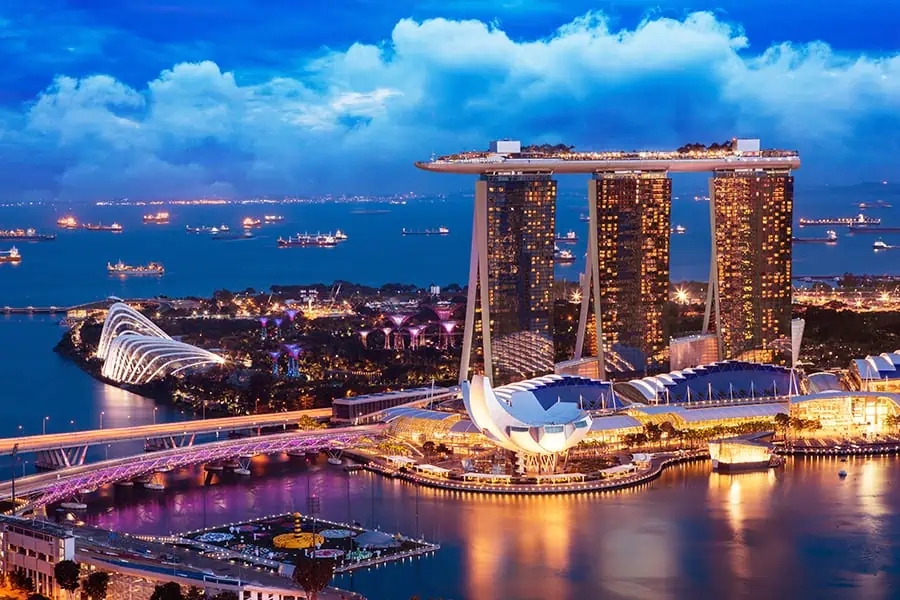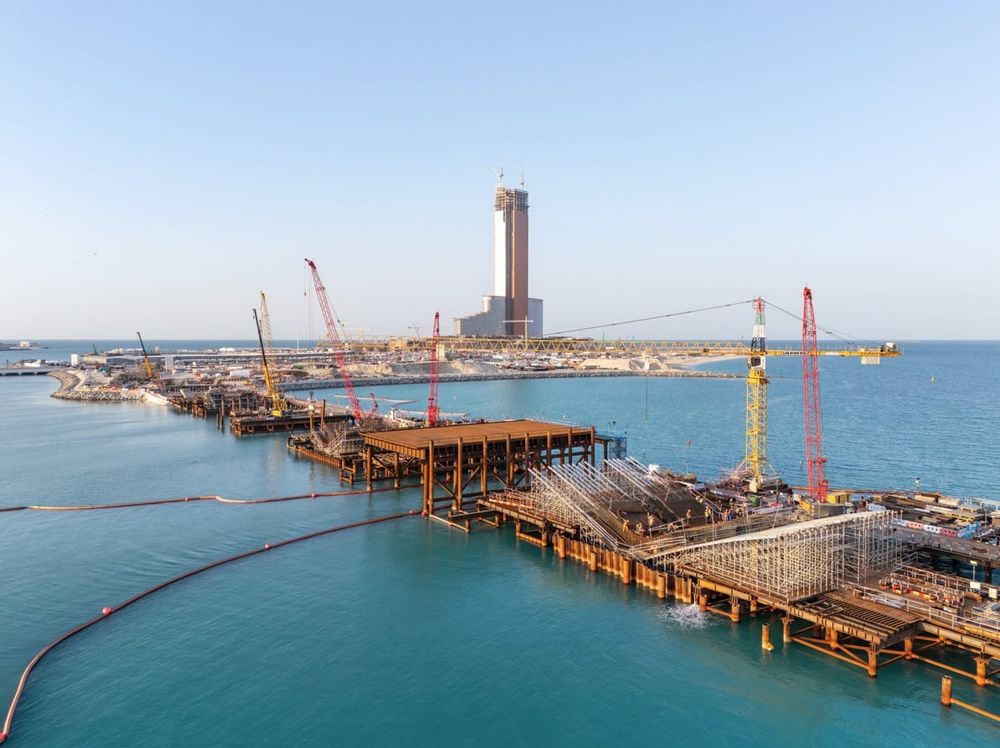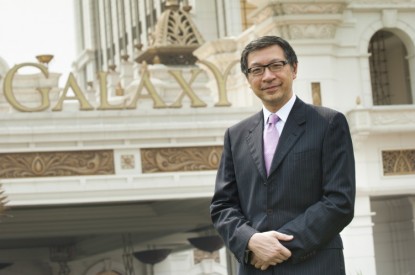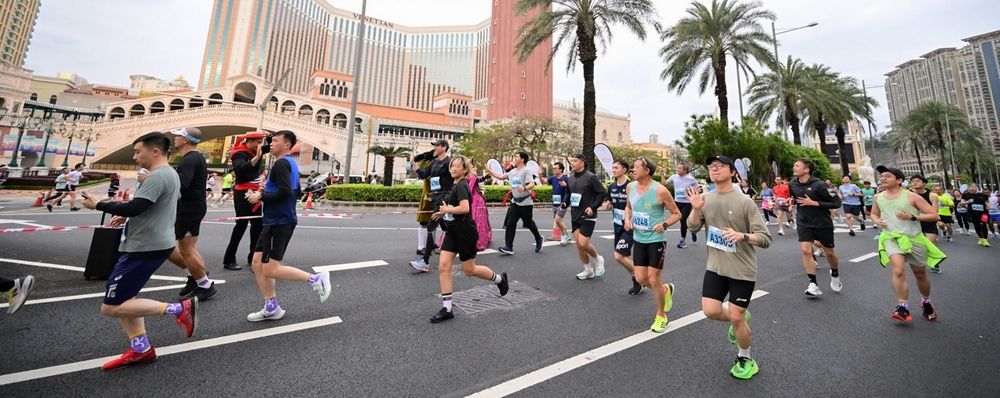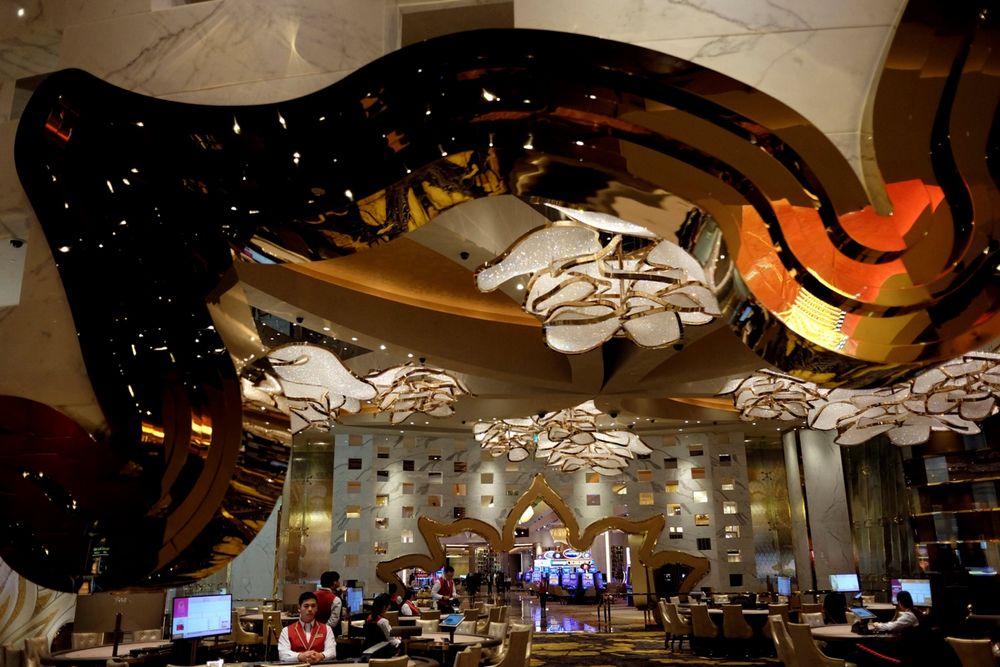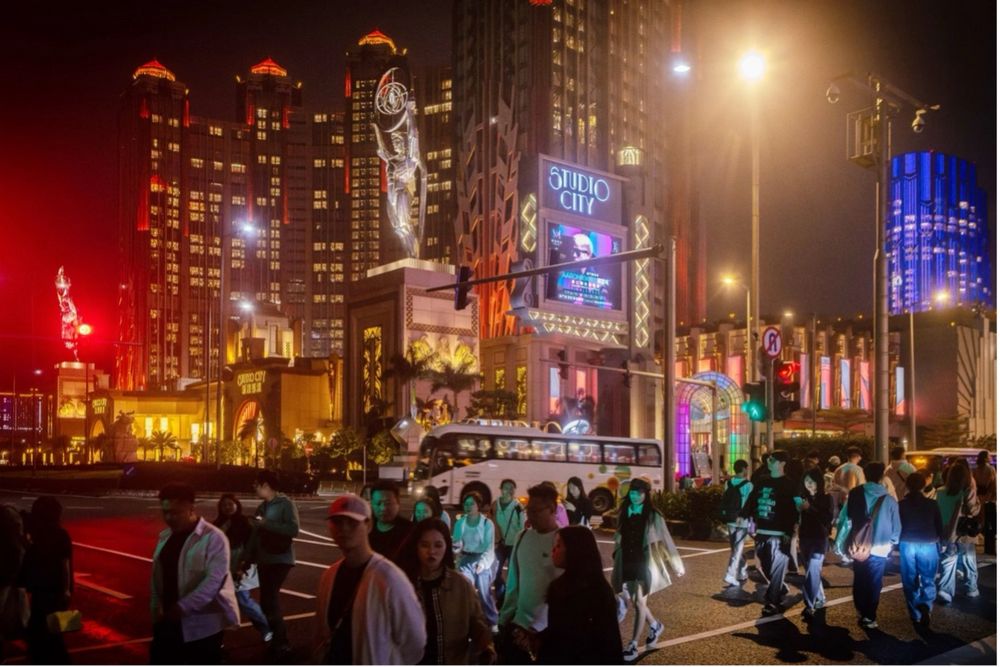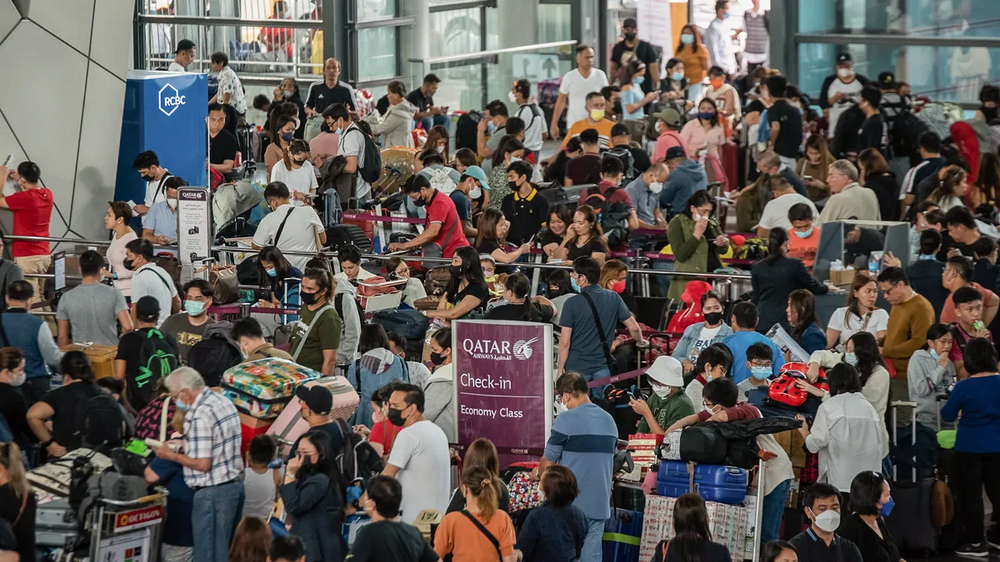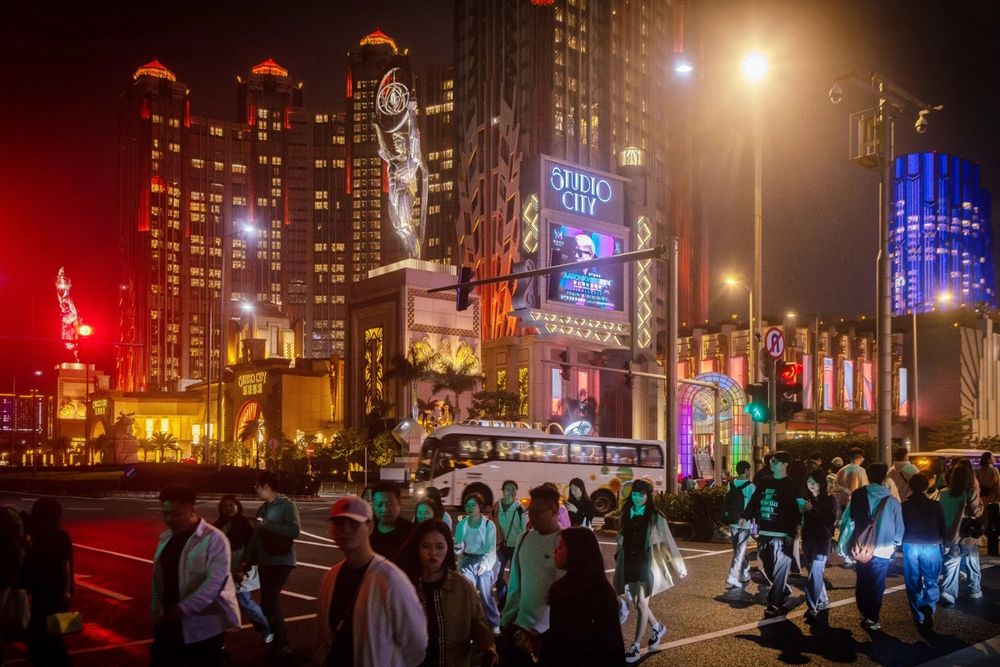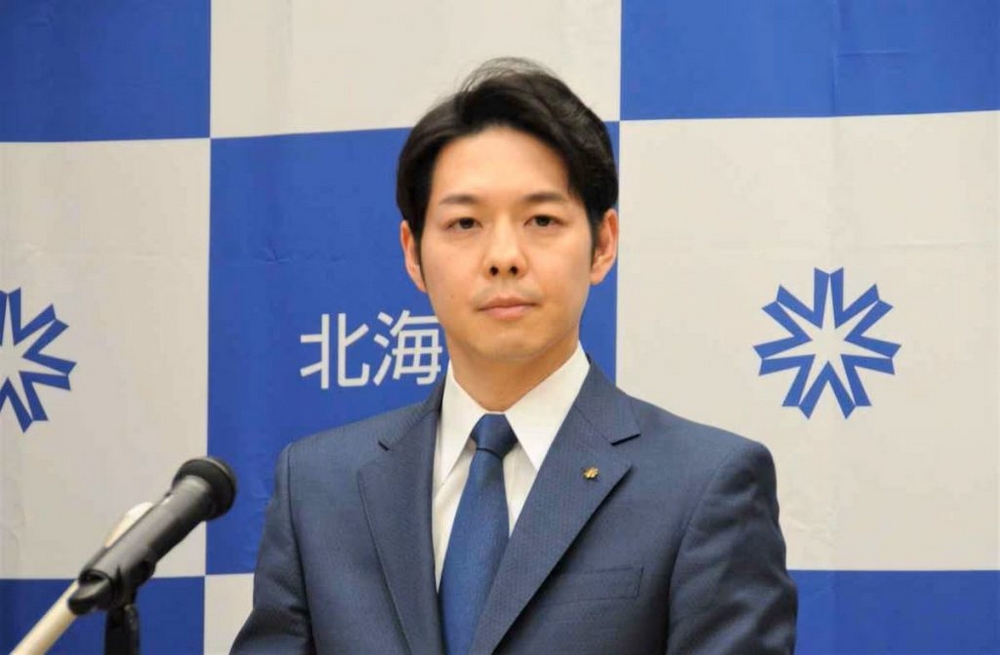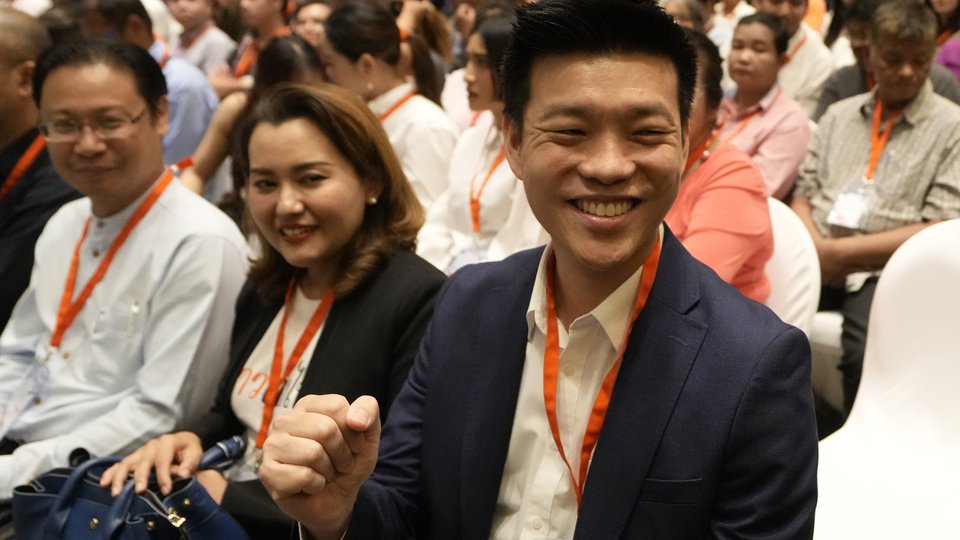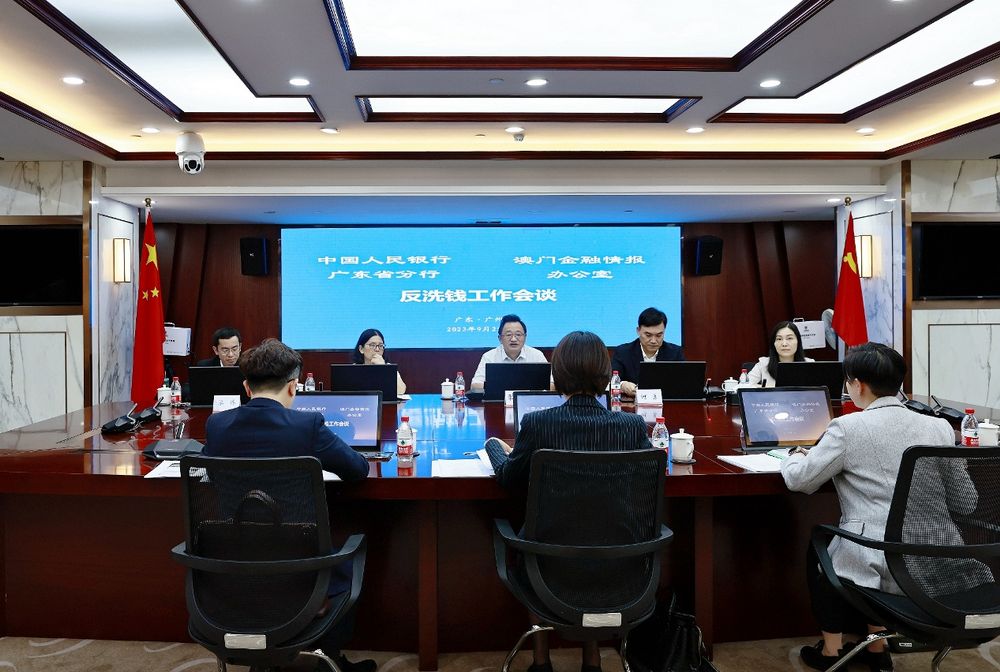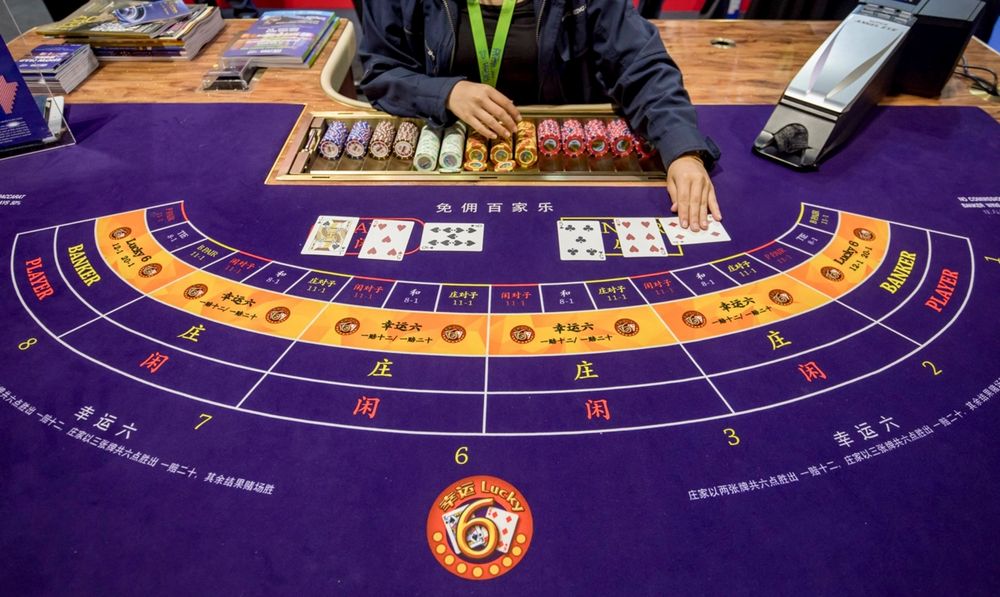Jeju Dream Tower reported a 46.5% year-on-year increase in casino sales for March 2025, reaching KRW 30.5 billion (approximately USD 22.6 million). While the sharp rise is attributed to table game sales jumping 53.8% and slot machine revenue up 17.6%, the consistency of financial disclosures across South Korea’s gaming sector is now being questioned.

This upbeat performance contrasts starkly with Grand Korea Leisure’s 48% month-on-month drop in July 2024, raising concerns over the volatility—or perhaps opacity—of casino reporting in the country. Analysts are questioning whether these wild swings reflect real market fluctuations or inconsistent accounting practices among operators.
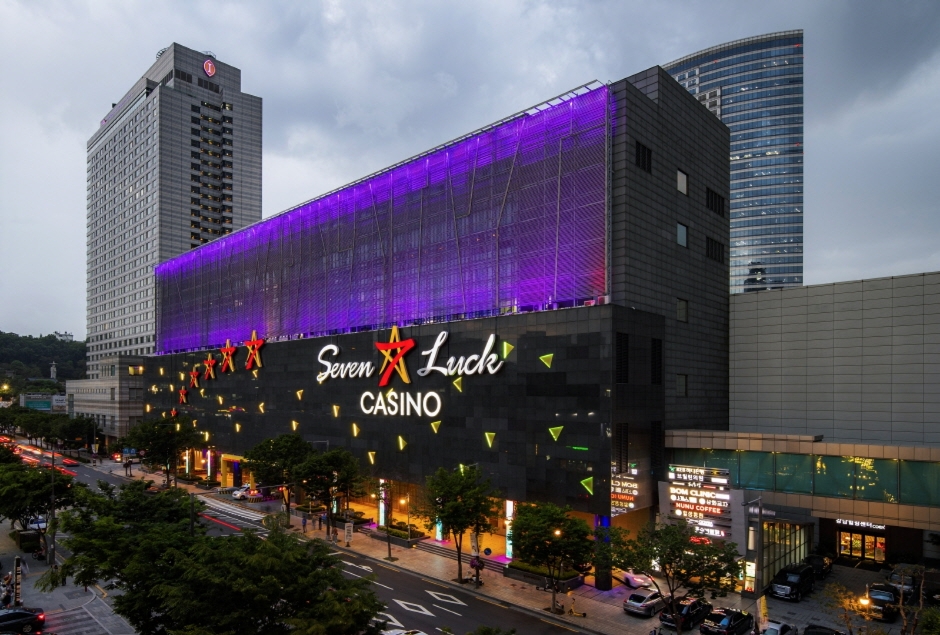
The South Korean casino industry, limited mostly to foreigners, has long struggled with revenue unpredictability tied to VIP traffic and travel restrictions. But the magnitude of these percentage changes, both positive and negative, suggests more than just seasonal shifts.
South Korea bets big on Chinese tourists with visa-free entry—casinos set to win big in 2025
In a region where transparency and investor confidence are key to growth, especially in competition with more established gaming hubs like Macau and the Philippines, South Korea must address the perception of unreliable reporting. Without consistent, standardized metrics, skepticism may continue to overshadow recovery narratives.











